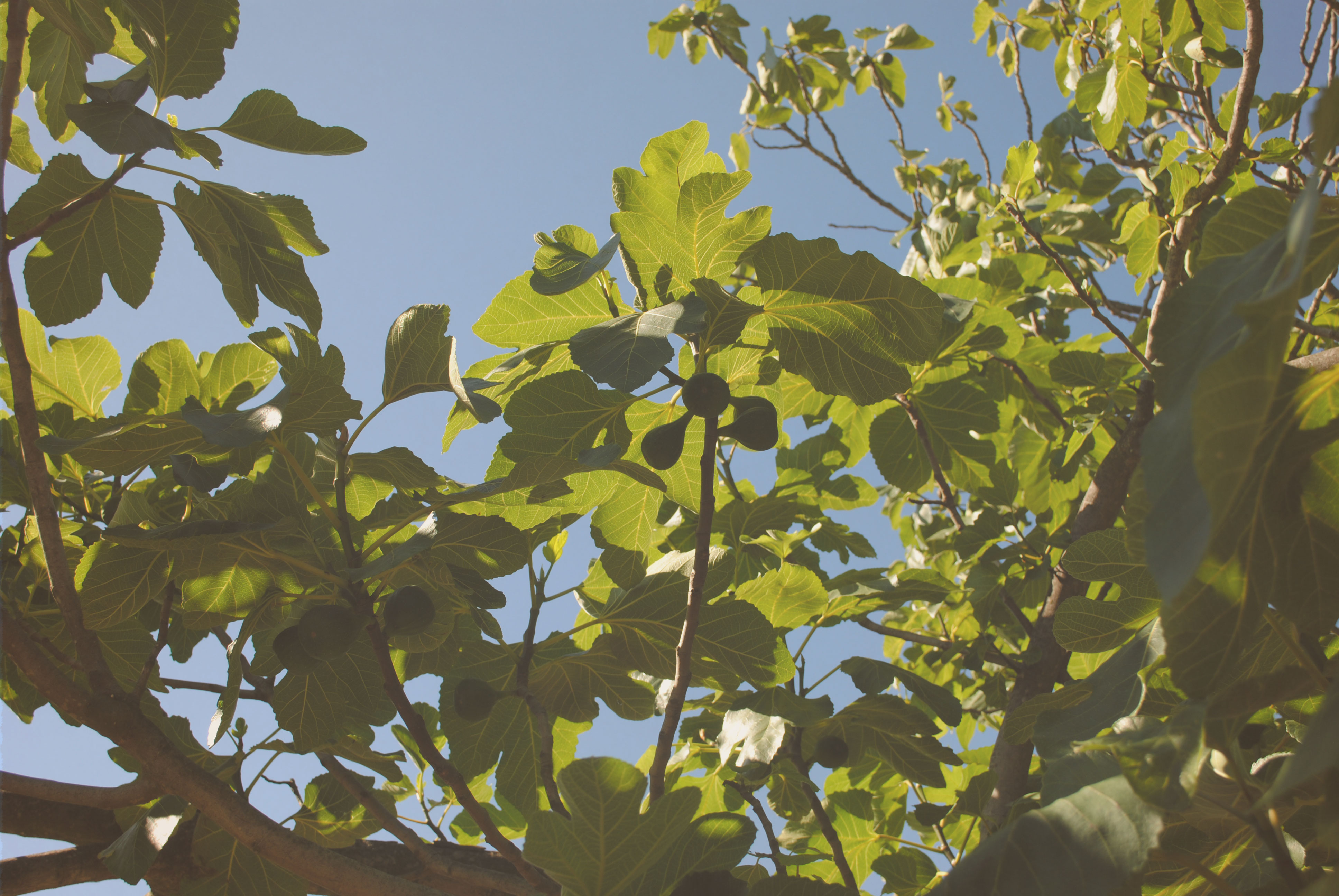Italy’s last island prison of Gorgona is not only home to hardened criminals, but it is also home to the rare Bianca di Gorgona — a type of olive that’s only found within this remote locale.
As a means of rehabilitation, inmates of the island prison take part in producing extra virgin olive oil from the Bianca di Gorgona. What’s more unusual is that the prison employs a unique system where at least 50 of the island’s 60 inmates are not locked up in cells. Instead, they spend their days freely tending to agricultural work and farm animals. It’s only in the evening that they remain locked up in their rooms.
Among the agricultural activities consumed by the inmates includes tending to an olive grove of about 1,000 trees, including Leccino, Moraiolo and Bianca di Gorgona olives.
“Gorgona Penal Colony is the result of a great work of Prison Administration,” said Special Inspector Mario Pascale. “The job opportunity offered to the inmates assigned to the island is unique in Italy. They are trained and prepared to return to the community, having served the sentence.”
In addition to olive oil production, inmates can also participate in the making of bread, cheese, and wine, as well as tend to the island’s some 250 farm animals. Although bad weather has hampered olive cultivation in recent years, this season is proving to be much more fruitful.
“From about 30 plants of the native cultivar we obtained approximately 40 liters of a bright green, slightly fruity monovarietal EVOO, with hints of freshly cut grass,” noted Agricultural Technical Director Federico Falossi. “We wish to have a rich harvest soon to put it back into operations.”
The olives were named by agronomist Francesco Presti, following his analysis of the unique olive in 2012. “My daughter’s name is Bianca and when we had to choose the nomenclature for the new variety, I chose Bianca di Gorgona in her honor,” Presti confessed.
Presumed to have been originally planted by Carthusian monks sometime in the 1700s, the isolation of this environment led to the development of a completely new type of olive. In addition to yielding a good quality extra virgin olive oil, the trees today are also providing a valuable service to its current inhabits.
